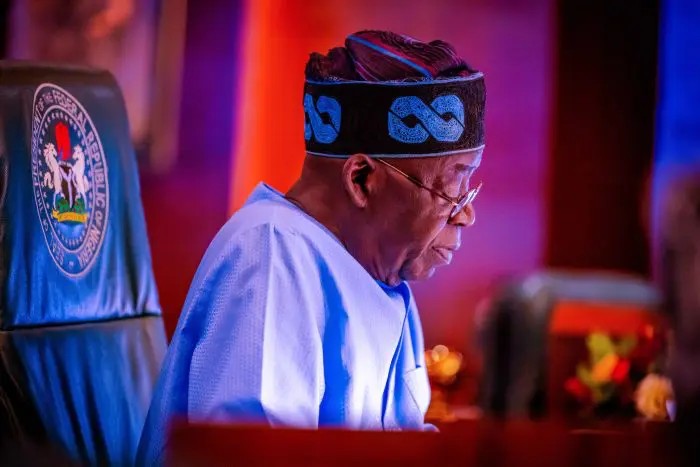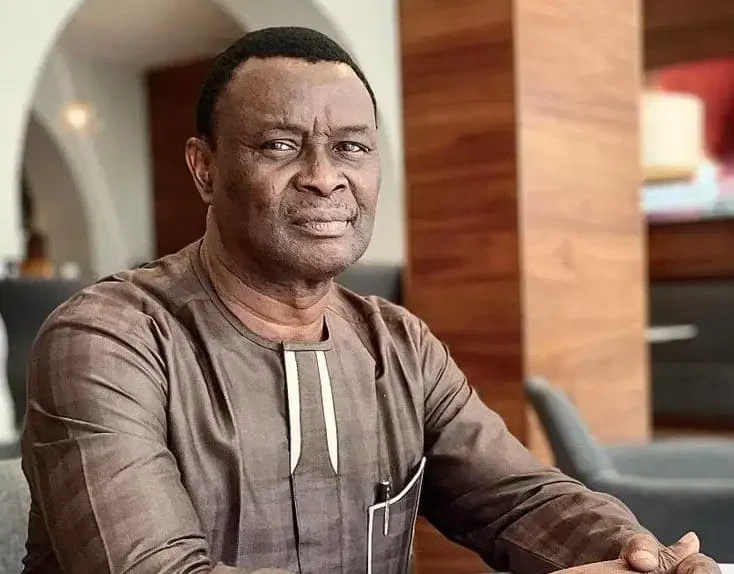
Today’s Federal Executive Council meeting in Nigeria covered significant policy updates presented by Finance Minister Wale Edun and the Ministry of Budget and Economic Planning. Key discussions focused on the country’s borrowing program, housing finance initiatives, and fiscal planning for 2025-2027.
Edun outlined plans for a $2.2 billion financing program, composed of a $1.7 billion Eurobond and a $500 million Sukuk bond. This is intended to support the Nigerian government’s 2024 Appropriation Act.
With the National Assembly’s approval, the funds will enhance the country’s macroeconomic stability and strengthen its global market presence. The finance minister emphasized that the plan builds on Nigeria’s recent dollar bond issuance domestically, a move seen as an endorsement of President Bola Tinubu’s economic reform initiatives.
Edun also introduced the Ministry of Finance Incorporated Real Estate Investment Fund, targeting a 250 billion naira pool. The fund aims to reduce Nigeria’s 22-million-unit housing deficit by providing affordable, long-term mortgages at interest rates around 10-12%, with potential tenures of up to 20 years.
READ ALSO: Weather Innovation Package Launched As Global…
The financing will blend government seed funding with private sector investments, enabling more Nigerians to afford housing and revitalizing the mortgage market.
The Ministry of Budget and Economic Planning presented Nigeria’s Medium-Term Expenditure Framework (MTEF), projecting an expenditure of 47.9 trillion naira for 2025 with a borrowing requirement of 9.22 trillion naira.
The MTEF includes oil benchmark projections and targets a GDP growth rate of 4.6%. The fiscal strategy underscores ongoing efforts to tackle inflation, stimulate employment, and sustain deregulation policies in energy and foreign exchange.
Minister of Budget and Economic Planning, represented by Director-General Ben Akabueze, noted that while Nigeria’s economy has shown resilience, maintaining a stable trajectory through effective government revenue collection and controlled expenditure remains paramount.
These policies reflect the Nigerian government’s commitment to economic stabilization and growth, addressing inflation and housing deficits, and fostering a positive working relationship with the National Assembly for effective legislative backing.
About the author
















 English (US) ·
English (US) ·